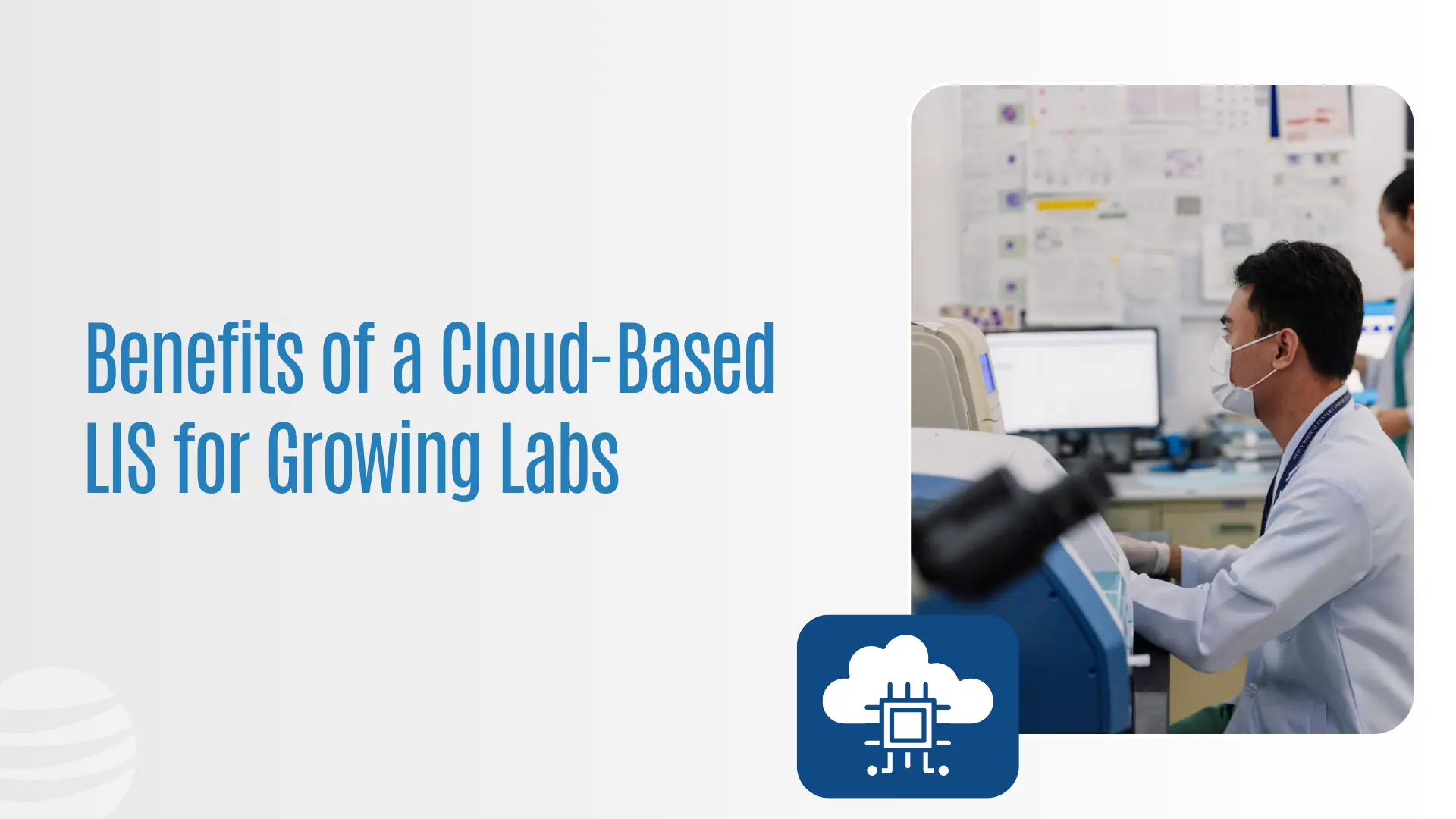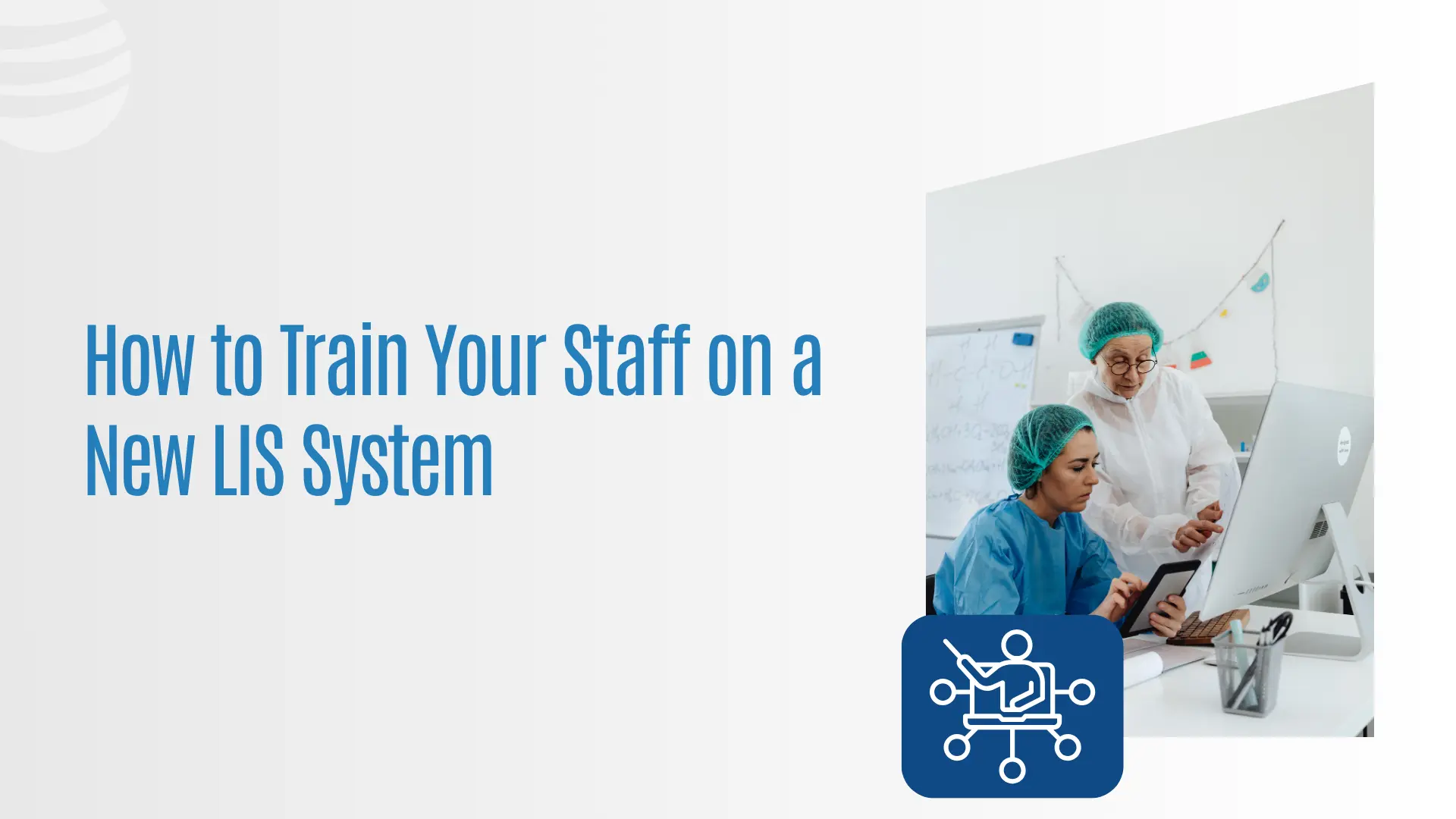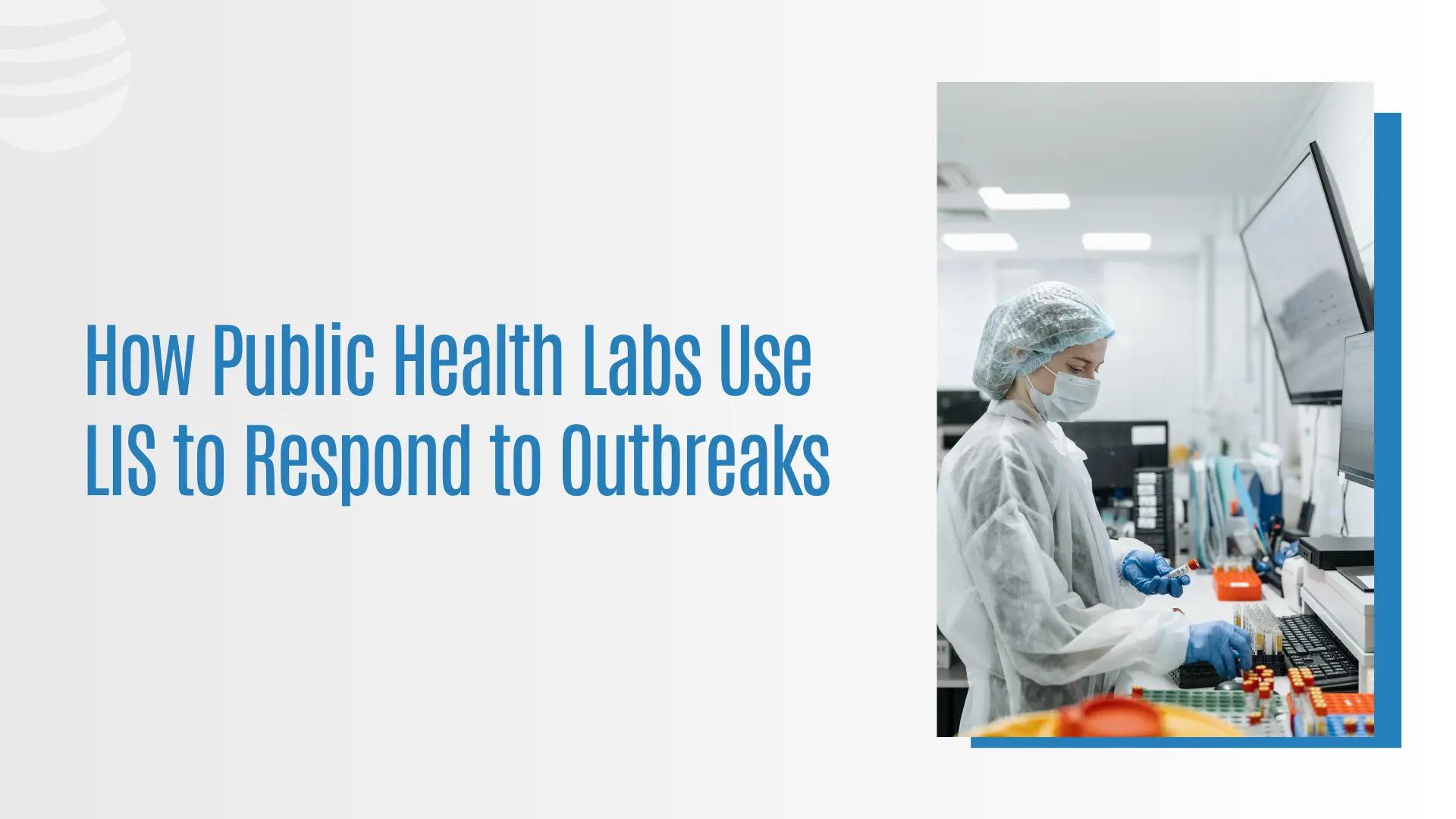CLIA Compliance Checklist for Diagnostic Labs
Why CLIA Compliance Still Matters in 2025
In 2025, regulatory scrutiny in diagnostic labs hasn’t eased, it’s evolved. Staying CLIA compliant isn’t just about avoiding fines. It’s about protecting patient outcomes, ensuring data integrity, and future-proofing your lab operations. This checklist provides a modernized approach to meeting CLIA standards with confidence, and shows how Prolis embeds compliance directly into your lab’s workflow.
What Is CLIA and Who Needs to Comply?
The Clinical Laboratory Improvement Amendments (CLIA) set federal standards for all U.S. facilities that test human specimens. Whether you’re running a high-complexity diagnostics lab or a small physician office lab, CLIA applies.
To operate legally and ethically, labs must demonstrate competency in everything from testing protocols to personnel qualification.
9-Point CLIA Compliance Inspection Checklist
Use this list as a structured way to audit and upgrade your lab’s readiness:
1. Valid CLIA Certification & Documentation
Your lab must maintain a current CLIA certificate for the level of testing you perform (waived, moderate, or high complexity). Ensure renewal dates and public display are tracked.
2. Lab Director Qualification & Roles
The lab director must meet CLIA-specific education and experience requirements, especially for high-complexity testing. Their responsibilities include SOP oversight, staff training, and result validation.
3. Staff Training and Competency Evaluation
CLIA mandates initial and ongoing competency assessments. Prolis allows you to track certifications, training modules, and audit logs per technician.
4. Standard Operating Procedures (SOPs)
Labs must document and regularly update SOPs for all test methods. Ensure version control, digital access, and director sign-off.
5. Proficiency Testing (PT) Participation
Enroll in a CMS-approved PT program and ensure samples are tested under normal lab conditions. Track scores and take corrective actions on failures.
6. Quality Assurance & Performance Improvement
CLIA requires continuous QA tracking. This includes monitoring specimen handling, test accuracy, and reporting workflows.
7. Equipment Calibration and Maintenance Logs
Labs must maintain logs of calibration, repairs, and preventive maintenance. Prolis integrates equipment tracking directly into its LIS dashboard.
8. Accurate Patient Test Management
From order entry to final report delivery, labs must ensure accuracy and traceability at every step.
9. Documentation for Inspections & Audits
Keep all training, maintenance, and QA documentation audit-ready. Digitization with LIS tools like Prolis dramatically reduces preparation time.
How Prolis Helps Labs Stay CLIA Compliant
Prolis isn’t just a tool, it’s a compliance partner. Here’s how we support your regulatory readiness:
- Automated Alerts: For certificate renewals, training lapses, or overdue maintenance
- Audit Trail Logs: Immutable records for every test, user, and result edit
- Integrated SOP Management: Upload, update, and track access in one place
- Real-Time QC Monitoring: Flag deviations before they become violations
With Prolis, CLIA compliance becomes an embedded system, not a last-minute scramble.
Compliance Isn’t a Burden, It’s a Systematic Advantage
CLIA compliance doesn’t have to be a reactive process. When built into your lab’s systems, from documentation to decision-making, it becomes a strategic advantage. With Prolis, every protocol is an opportunity to increase accuracy, reduce risk, and serve patients better.
Want to see how compliance can be automated and simplified?
Book a demo with Prolis today →






